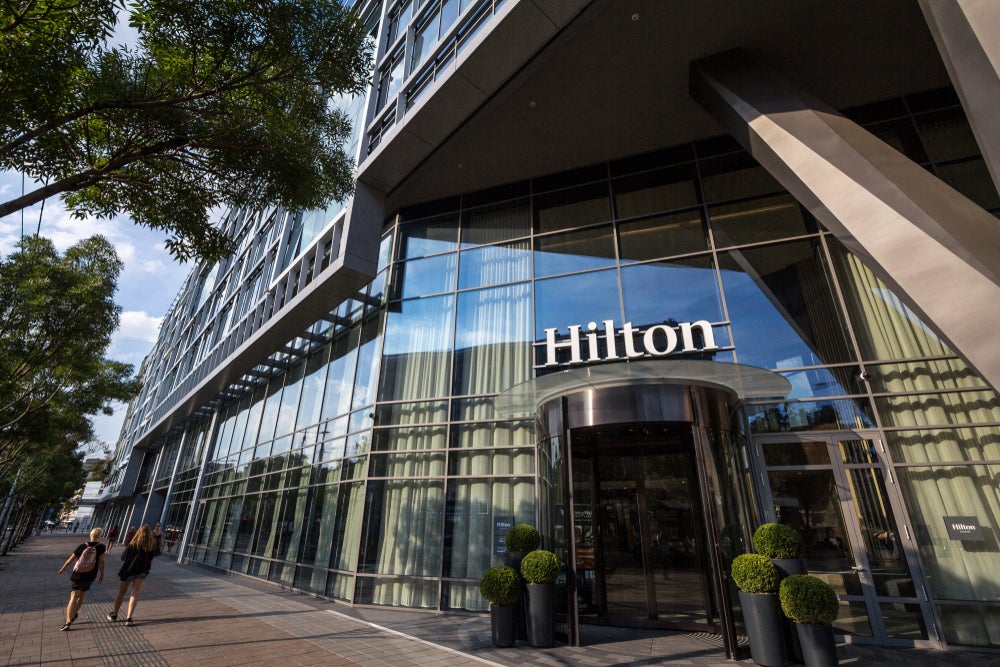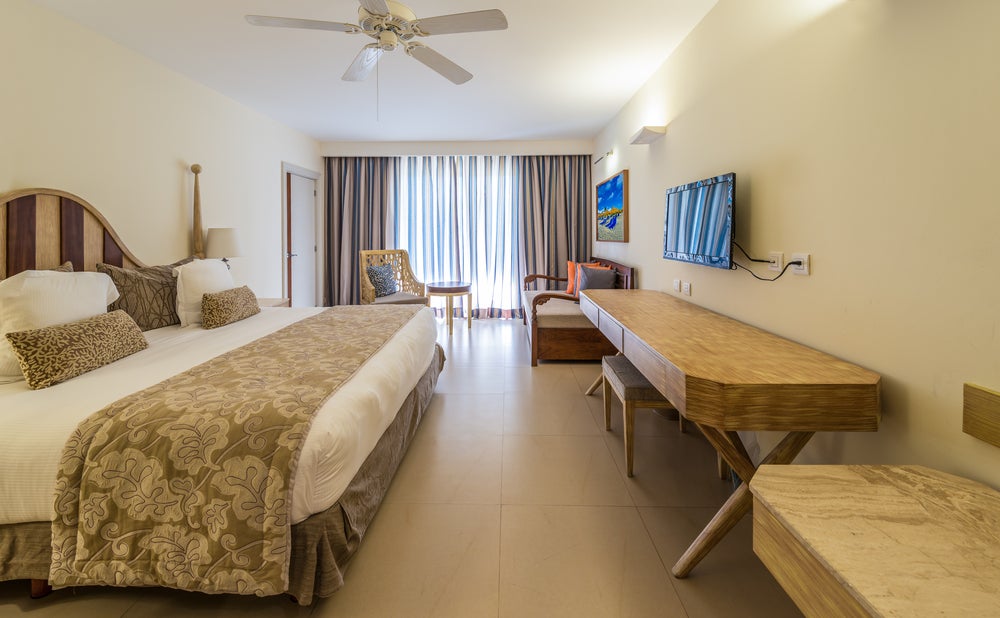
Their pillows may have been plumped, the food may have been Michelin quality and the response from reception may be second to none, but how do you know whether your customers are really happy? If you don’t know about the little niggles that could mean the difference between them recommending you to their friends or just complimenting you on the décor, how can you put them right?
One person who knows is Nigel Hill, an authority on the measurement of customer satisfaction. Founder and director of customer satisfaction measurement specialist, The Leadership Factor, he is the author of three books on the subject.
He explains: "Customer satisfaction is key to business success in the hotel industry and should be a principal consideration when compiling business strategy. Some hotels make common mistakes when monitoring their customer satisfaction, which means they may not have a true reflection of the results. Should they act on them, their decisions may not be beneficial for the organisation.
"Usually, the mistakes made when measuring customer satisfaction are due to lack of understanding of how customer satisfaction works and are easily avoidable," says Nigel.
KNOW YOUR AUDIENCE
See Also:
Part of the problem, according to Nigel, is that the management team is so keen to gain positive feedback on clients’ experience of the hotel, that it misses some of the basic building blocks of understanding the hotel’s client base. "A good hotel manager knows his target audience and is pitching his product at preferred customer groups," explains Nigel, "but often the measures he takes to cater for his target audience are based on assumption rather than hard facts.
How well do you really know your competitors?
Access the most comprehensive Company Profiles on the market, powered by GlobalData. Save hours of research. Gain competitive edge.

Thank you!
Your download email will arrive shortly
Not ready to buy yet? Download a free sample
We are confident about the unique quality of our Company Profiles. However, we want you to make the most beneficial decision for your business, so we offer a free sample that you can download by submitting the below form
By GlobalData"Customer satisfaction is about the extent to which an organisation has met its customers’ requirements, so don’t just ask customers how satisfied they are, measure the first half of the equation too. Find out what the customer’s requirements are and get them to prioritise their wish list for you."
It may seem simple, but having grasped this fundamental principle of customer satisfaction measurement, many hotels still fail to get the information they need. This is down to basing their survey on the ‘lens of the organisation’, asking the questions they want to ask rather than focusing on how customers judge them. It also pays to ensure that the questions are clear and simple: for example, "Was the waitress friendly and helpful?" could be hard to answer – she may have been extremely friendly and no help whatsoever.
SAMPLE RELIABILITY
Another common challenge for the hotel industry is collecting a reliable sample: for accuracy over time, you need a sample of at least 200 responses and a response rate of at least 35%. "Ensuring a large enough sample, taken completely at random, is essential if the data is going to equip the hotel manager to assess customer satisfaction with any degree of accuracy," Nigel continues. "Many organisations make impulsive business decisions based on satisfaction surveys with low response rates. In fact, the typical information gathered by hotels from guest satisfaction questionnaires is based on appallingly low response rates – often less than 5%.
"The fact is that the tiny minority of customers who respond are just not the same as the 95% that didn’t take part. Many of these respondents are habitual complainers and others are often ‘bad-fit’ customers – people whose needs are not compatible with your proposition.”
If a hotel manager makes business decisions based on an inappropriate sample or bad data, he could find that he’s trying to change the hotel for the benefit of customers that they would be better off without. This could potentially reduce the hotel’s appeal to its core customer groups.
Having gained some accurate information from the customer satisfaction measurement exercise, it’s important that the hotel manager uses this information wisely. The survey results must clearly demonstrate opportunities for improvement that could provide the best return on investment for the business. Customer satisfaction is often more effectively achieved by focusing efforts on one large area, rather than by making lots of small improvements.
"Clients don’t always notice the improvements made by hotels," Nigel adds, "so it pays to tell them and, if possible, link improvements to what customers told you. Ultimately, it’s worth spending the time and resources getting customer satisfaction measurement right, as improving customer satisfaction leads to business growth and increased profits."
For further information about The Leadership Factor and customer satisfaction measurement, visit http://www.leadershipfactor.co.uk/ .






